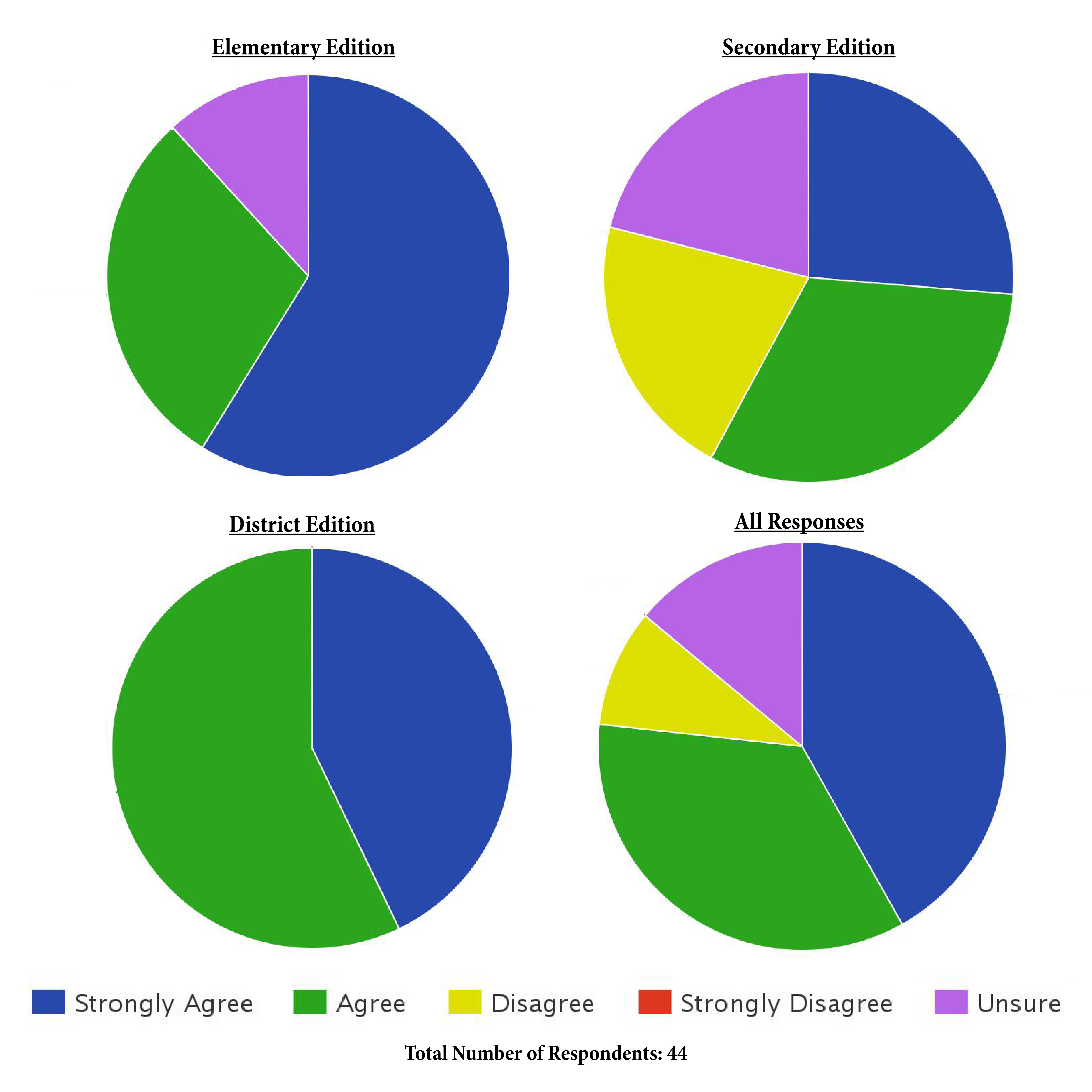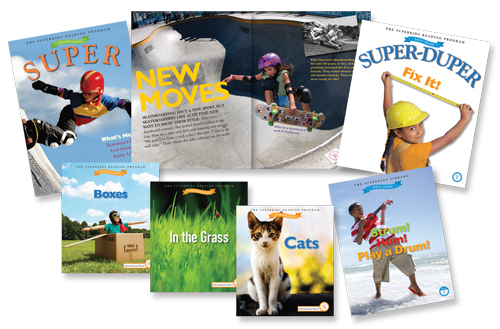August 17th EditionMeaningfully Growing Teacher Practice and Student Learning:New Opportunity to Leverage the Potential of EE in 2016-17by Joe Schroeder, PhD, Associate Executive Director, AWSA In January, DPI shared what I described as “game-changing information” for Wisconsin school and district leaders in regard to Educator Effectiveness (EE). In my subsequent Update article, I described some specific ways that these shifts would enable you, Wisconsin’s school and district leaders, to use your time ever more wisely so that you can significantly grow teacher practice and student learning. This August article builds off of the important developments in EE from last winter and shares some additional opportunities that are now at hand, which collectively provide you significant local flexibility to have more leadership and supervisory impact in 2016-17 than ever before. Read on to learn how. Back to School 2016 Assessment Article: Facing Forwardby Tim Schell, Director of Curriculum and Instruction, Waunakee Community School District, Chair, SAA Assessment Project Team With a new school year beckoning, this is a good time to review some important information on the state assessment system, a new look at high school graduate readiness, and formative assessment. As school leaders, we need to have a solid understanding of a balanced assessment system and be able to communicate effectively how our assessments truly inform instruction, provide a direct benefit to students, and provide necessary data for school improvement and external accountability requirements. Hopefully, this article is a useful resource for you and I look forward to seeing many of you at this year’s conventions. The 2017 Outstanding Wisconsin Leadership Award is Open for NominationsAWSA and the Herb Kohl Educational Foundation is celebrating its second year of providing fellowships for 16 principals and their schools. The Outstanding Wisconsin Leadership fellows receive $3,000, with an additional $3,000 grant going to the school of each Kohl fellow. These awards recognize the importance of exceptional school leaders who help provide successful school environments for students and faculty members. Specific information regarding the Outstanding Wisconsin Leadership fellowship is available here. For any questions please contact Jena Sebald at [email protected]. If you know a principal who has positively influenced their community, please consider nominating them today! Read More.
August 31st EditionLocking in the Time for High-Impactby Joe Schroeder, PhD, Associate Executive Director, AWSA Every year, as a leader in education, you are given the opportunity to uplift the life trajectories of countless students under your care. That is a given. What you do with the opportunity is the variable. And research and experience show that there is a great deal of variability occurring in leadership practice. Said in another way, where high-impact principals “show up” in their schools and what they do when they are there differs greatly from what is often the norm. This article is designed to share some practical tips for locking in your priorities on a weekly basis -- thereby making exemplary practice your common practice -- so that 2016-17 can be your most high-impact year yet! Bringing Informational Texts Into the K–2 Classroom: The Bottom Lineby Kathy Barclay, Ed.D., Professor Emeritus of Reading, Western Illinois University
Discussing and comprehending complex text is a central expectation of the new standards, but exactly how to accomplish this is left to the discretion of educators. With that in mind, in this post, I’ll share five goals for bringing more complex text into the K–2 classroom. These goals lean heavily on a couple of longstanding instructional practices: read-alouds and guided reading/small group reading experiences. What’s new is an emphasis on using the same informational text with all students in order to ensure that all students have exposure to grade-level concepts and materials and to the same academic language and content. We can accomplish this by providing skills-based, small group instruction designed to scaffold students’ reading of grade-appropriate complex text. The Associate Principal of the Year Award is Accepting NominationsThe 2016 Associate Principal of the Year award is now accepting nominations! The Wisconsin Associate Principal of the Year program recognizes Associate Principals whose leadership has resulted in improved student learning, instructional collaboration, and a safe and positive school environment. Nominations are accepted from teachers, parents, principals, and others across Wisconsin. August 17th Poll ResultsIn line with Joe Schroeder’s article in the August 17th edition of The Update, for the 2016-17 school year, my school / district is considering converting the traditional, four-hour summative evaluation process of low-impact supervision into a minimum of eight rapid cycles of 10-15 minute observations plus concise direct feedback, conversation, and coding.
 |

 I’ve always been kind of a “bottom line” type of person. When confronted with new research, new mandates, or in this case, new standards, I tend to look for the bottom line. Unlike previous standards, the new standards that have swept our nation since 2010 include an emphasis on informational text. The bottom line? This unparalleled attention to and demand for the reading of nonfiction literature in the lower grades requires reconsideration of the way we spend our instructional time.
I’ve always been kind of a “bottom line” type of person. When confronted with new research, new mandates, or in this case, new standards, I tend to look for the bottom line. Unlike previous standards, the new standards that have swept our nation since 2010 include an emphasis on informational text. The bottom line? This unparalleled attention to and demand for the reading of nonfiction literature in the lower grades requires reconsideration of the way we spend our instructional time.